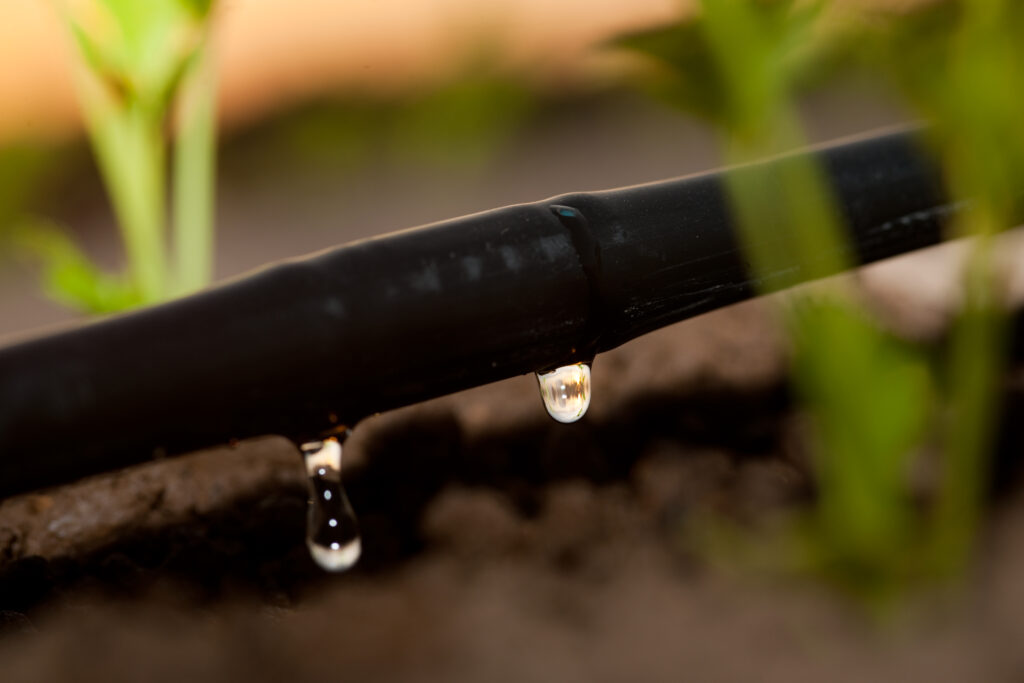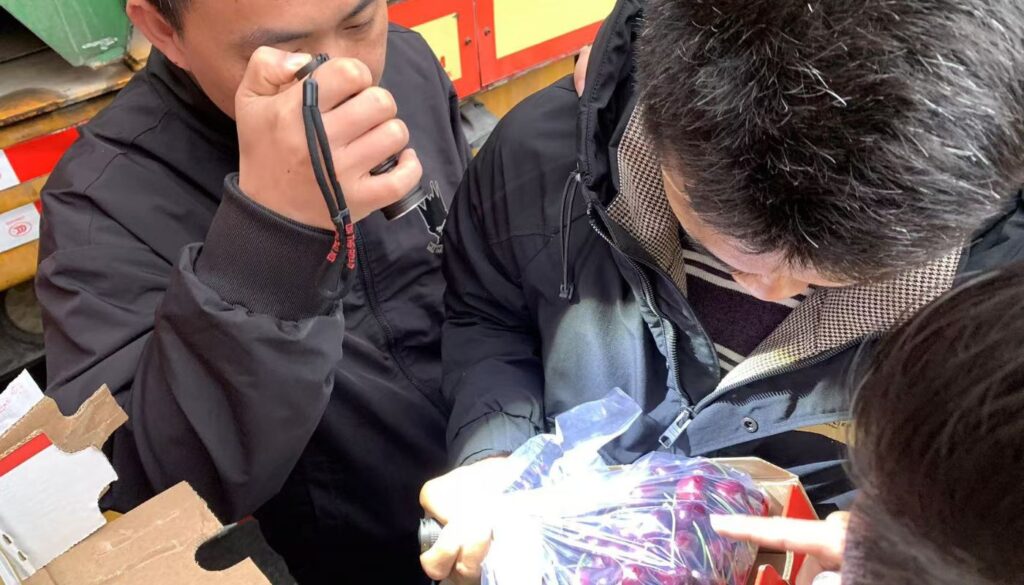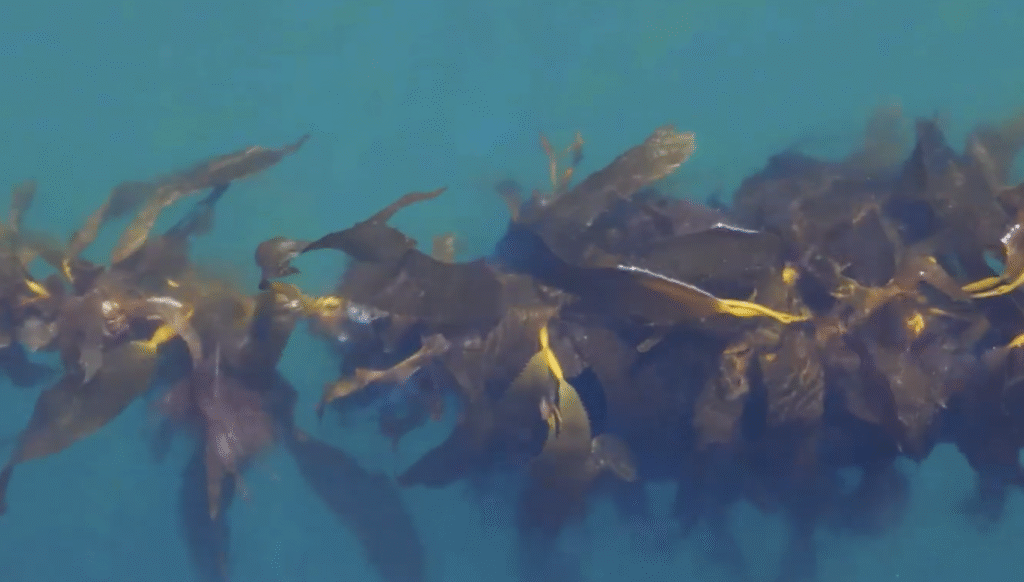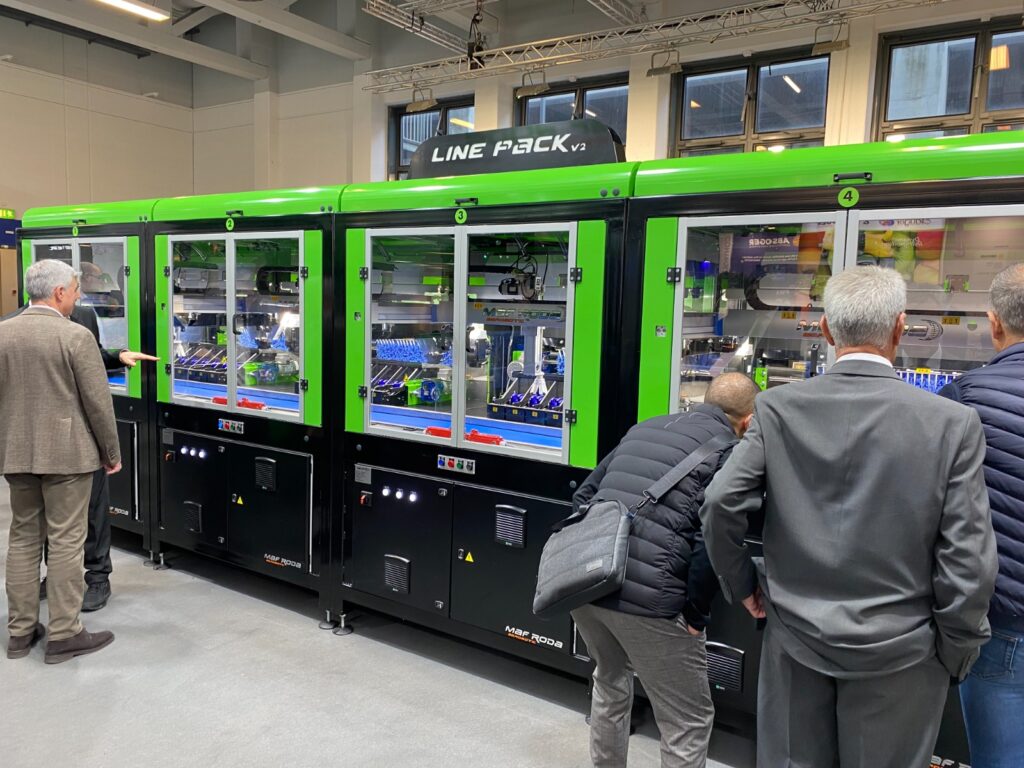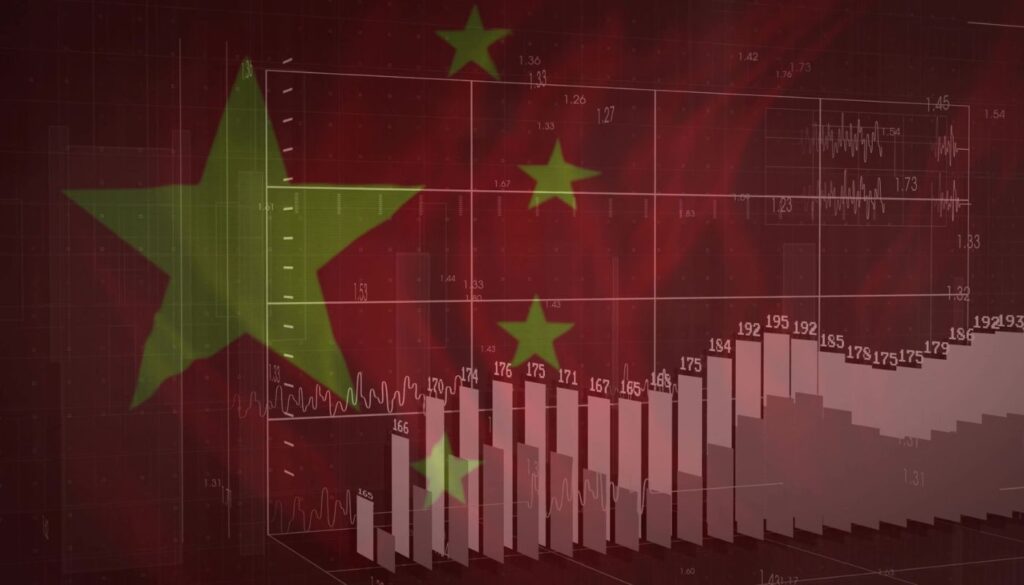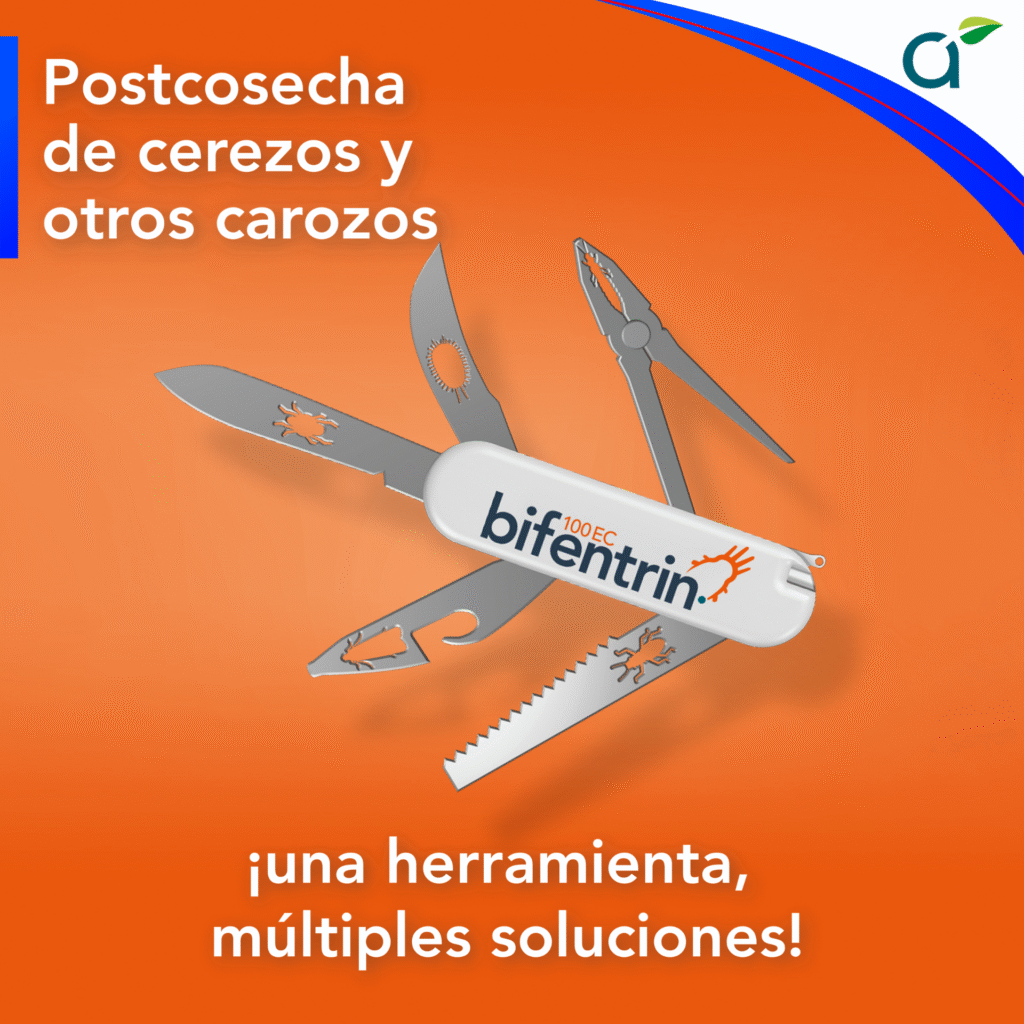The development of the salmon industry and the arrival of more inhabitants to the Los Lagos Region during the pandemic are two of the factors that would explain part of the dynamism that entrepreneurship, startups and new developments have taken in that area of the country in recent years, which are turning it into an attractive hub of innovation with an impact on agriculture.
In fact, Frutillar was recently chosen as the venue for next year's World Summit Awards (WSA), one of the most important events for startups worldwide, and in the coming days the first Regional Innovation Center of Los Lagos will be inaugurated, which will seek to continue promoting innovation projects in the area.
"This centre is designed to respond to what has been happening in the region and seeks to understand the main challenges facing local industries, to seek solutions and to facilitate the creation of new solutions," says Julio Brintrup, who will take over as executive director of the centre, which is funded by the regional government.
He explains that they are already working with unions from the construction industry, the salmon industry and agriculture, as well as the municipalities of the region, to compile the main needs that arise from the agricultural sector, in a work similar to that carried out during 2021 together with Fedeleche, for the dairy sector.
So far, there are several companies and projects in this sector that have taken off from Los Lagos, some of which have already gone international or are moving forward in this direction – focused on efficient water management and climate prediction, the production of biostimulants from algae, purchasing management, and even aquaponics and vertical agriculture as ways to advance in sustainability.
Algae to fertilize the fields
After seeing that algae were used naturally to fertilize crops on the southern coasts and on the island of Chiloé, in the early 1990s researcher Marcelo Brintrup began to study their components in order to process them in a more sophisticated way and take advantage of their potential.
He recalls that the result was surprising: he discovered that with the high content of minerals and phytohormones they had, they could help plants grow, and in this way he began to develop the processes and technologies to produce Fertum, a line of biostimulants made mainly from huiro and cochayuyo, which can be applied to all types of crops, fruit trees and pastures, and which generate an anti-stress effect on crops, improving yields and quality.
Due to the attractiveness of the products and the potential to scale, in 2013 they partnered with Rebeca Gálvez, Claudio Fernández and David Hockley, with whom they formed Patagonia Biotecnología (PatBio) and patented the Fertum formula for Chile, the United States and Canada.
Currently, although Chile remains the main market, where they have more than 300 clients between Copiapó and Los Lagos, they export a good part of the production to Peru and the United States, where they see great potential for growth, and they are in the process of validation and health registrations to enter Mexico and China.
"The problem that arose with the pandemic and the conflict between Russia and Ukraine, with a lower availability of fertilizers and then an increase in costs, was an opportunity for farmers in Chile to do a more detailed analysis and look for more efficient ways to fertilize," highlights Alberto Abascal, manager for Chile and the United States of PatBio.
The main focus in the medium term is to continue promoting research and development in processes.
"We are constantly developing new projects. Today we are cultivating algae, reaching productions of 30 tons per hectare, so that we can harvest during periods when phytohormone concentrations are highest," says Marcelo Brintrup, since until now a large part of the algae is collected by local fishermen.
And they have just taken a new leap. After analyzing the components of different algae from around the world, the Italian company Sicit Group – one of the main global producers of biostimulants of animal origin – decided to buy the 51% from Patagonia Biotechnology to incorporate a range of products of plant origin, an operation that was completed a few days ago.
“Our industrial development will continue to be in Río Chico, we will continue to operate with the same structure, but with this partnership we will have the opportunity to further deepen our R&D… We have already invested in increasing the capacity of the plant and today we can produce four times the volume we sell, so we are ready to grow and become a world leader in the production of seaweed extracts,” says Rebeca Gálvez.
Certified as a B company, PatBio partners highlight the importance of continuing to generate a positive impact at a local level and in the sustainability of agriculture with their products, and recognize the innovative development that has intensified in Los Lagos.
"Puerto Varas and Frutillar are becoming a hotbed of international talent," says Rebeca Gálvez, who is also one of the entrepreneurs of Endeavor Patagonia.



